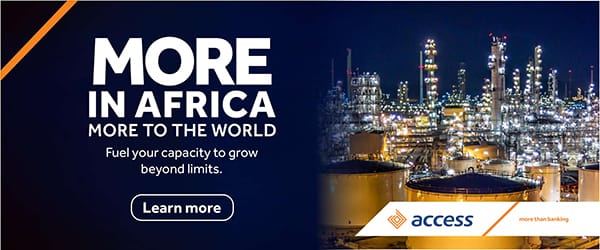Oil Steady as Saudi, UAE Squabble over Production QuotasOil Steady as Saudi, UAE Squabble over Production Quotas
UAE Squabble over Production Quotas
Despite policy disagreement, oil prices were steady Monday as the Organisation of Petroleum Exporting Countries and allies (OPEC+) group continues an internal fight over production quotas that extends what was expected to be a short ministerial meeting to add new supply to support rising demand for a fourth day.West Texas Intermediate crude for August delivery was last seen rising $0.19 to $75.35 per barrel, while September Brent crude, the global benchmark, was last seen jumping by $0.15 to $76.32 per barrel.The rise comes as OPEC+ continues to squabble over production quotas, as Saudi Arabia sticks with a plan to add two million barrels per day of production from August through December, while the United Arab Emirates seeks a higher production quota.Saudi Arabia is also looking to extend the OPEC+ production agreement beyond April of next year, which the UAE opposes. The dispute comes as demand continues to rise as governments in North America and Europe move to end pandemic restrictions even as the Covid-19 Delta variant continues to accelerate.Earlier today, The Guardian reported the United Kingdom will lift all pandemic restrictions on July 19, even as new infections continue to rise.Oil
The United Arab Emirates and Saudi Arabia disagree on how OPEC+ should unravel oil production curbs implemented during the crisis, thus talks have broken down.The stalemate has ramifications for the global economy since there are fears that rising commodities prices could raise inflation and hinder the pandemic’s recovery.Consistently increased prices might compel central banks to tighten monetary policy by hiking interest rates swiftly, boosting borrowing costs for businesses that have acquired massive debt heaps since the start of COVID.The UAE is seeking better terms and has so far declined to join an agreement that would raise monthly output by 400k barrels per day from August to December.Goldman Sachs stated that OPEC+ will most likely accept the deal without an extension.Despite the disagreements, the UAE has stated that it would not abandon the OPEC+ agreement before it expires in April. The continuation of the meeting today has been cancelled, as Twitter sources reported that Iran’s retiring energy minister left before the meeting started.The 18th Ministerial Meeting of the Organization of Petroleum Exporting Countries (OPEC) and its allies, known as OPEC+, which was originally scheduled to take place on Thursday, had been adjourned to continue on Friday for further consultations.However, the Friday meeting was also postponed due to objections from the United Arab Emirates (UAE) on the level of production increases the group will impose starting from August.Speaking to Al Arabiya, Saudi Arabia’s Energy Minister Abdulaziz bin Salman said OPEC+ members, with one exception, had reached an agreement on extending the accord.“I’ve been attending OPEC+ meetings for 34 years and have never seen such a demand, I am neither optimistic nor pessimistic about the upcoming OPEC + meeting,” Salman added.Salman also said Saudi Arabia and Russia are on the same page on extending the OPEC + agreement and increasing production. Citing an energy ministry statement, the UAE state-owned news agency WAM on Sunday said the Gulf producer backs an output increase from August as the market “is in dire need of higher production.”The UAE is willing to extend the agreement further, if required, but asks that baseline production references – the level from which any cuts are calculated – be reviewed to ensure that they are fair to all parties, WAM reported.“The UAE and its international partners have invested significantly in growing its production capacity and believes that, if/when the agreement is extended, the baseline reference figures should reflect its actual production capacity, rather than the outdated October 2018 production reference,” the ministry said in the statement.Oil Steady as Saudi, UAE Squabble over Production Quotas













